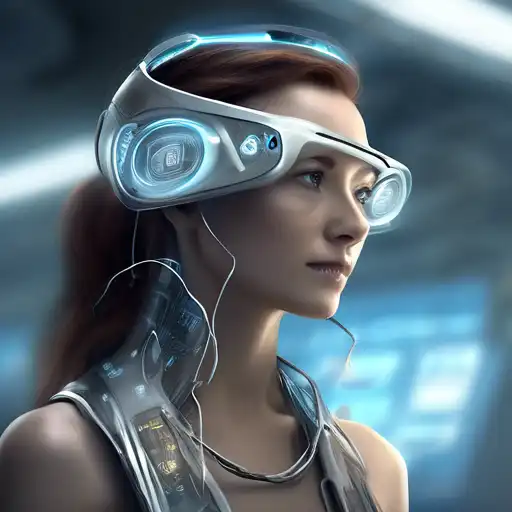The Evolution of Wearable Technology
Wearable technology has come a long way from the basic pedometers and heart rate monitors of the past. Today, we stand on the brink of a new era where wearables are not just accessories but essential tools that enhance our daily lives, health, and productivity. This article explores the future of wearable technology, highlighting the innovations and trends that are set to redefine our interaction with the digital world.
Health and Fitness Monitoring
The future of wearable technology is deeply intertwined with health and fitness. Advanced sensors and AI algorithms are enabling devices to monitor a wide range of health metrics, from blood oxygen levels to stress and even early signs of illnesses. The integration of these technologies promises a future where wearables can provide real-time health insights and alerts, potentially saving lives by detecting health issues before they become critical.
Seamless Integration with Daily Life
As wearable devices become more sophisticated, their integration into our daily lives is becoming seamless. Future wearables will not only track our health but also enhance our interactions with the environment and other devices. Imagine smart glasses that overlay digital information onto the real world or smart rings that control your home's IoT devices with a simple gesture. The possibilities are endless.
Energy Harvesting and Sustainability
One of the biggest challenges facing wearable technology is battery life. However, the future looks bright with the development of energy-harvesting technologies. From solar-powered smartwatches to kinetic energy chargers that power devices through movement, the next generation of wearables will be more sustainable and convenient.
Personalization and AI
Artificial intelligence is set to play a pivotal role in the future of wearable technology. AI can analyze the vast amounts of data collected by wearables to provide personalized insights and recommendations. Whether it's suggesting the best time to workout or alerting you to potential health risks, AI will make wearables more intuitive and useful than ever before.
Conclusion
The future of wearable technology is not just about the devices themselves but how they integrate into our lives to make us healthier, more productive, and more connected. With advancements in health monitoring, seamless integration, sustainability, and AI, the next generation of wearables will transform our relationship with technology in ways we can only begin to imagine.
For more insights into the latest in technology trends, check out our articles on future tech and smart devices.
